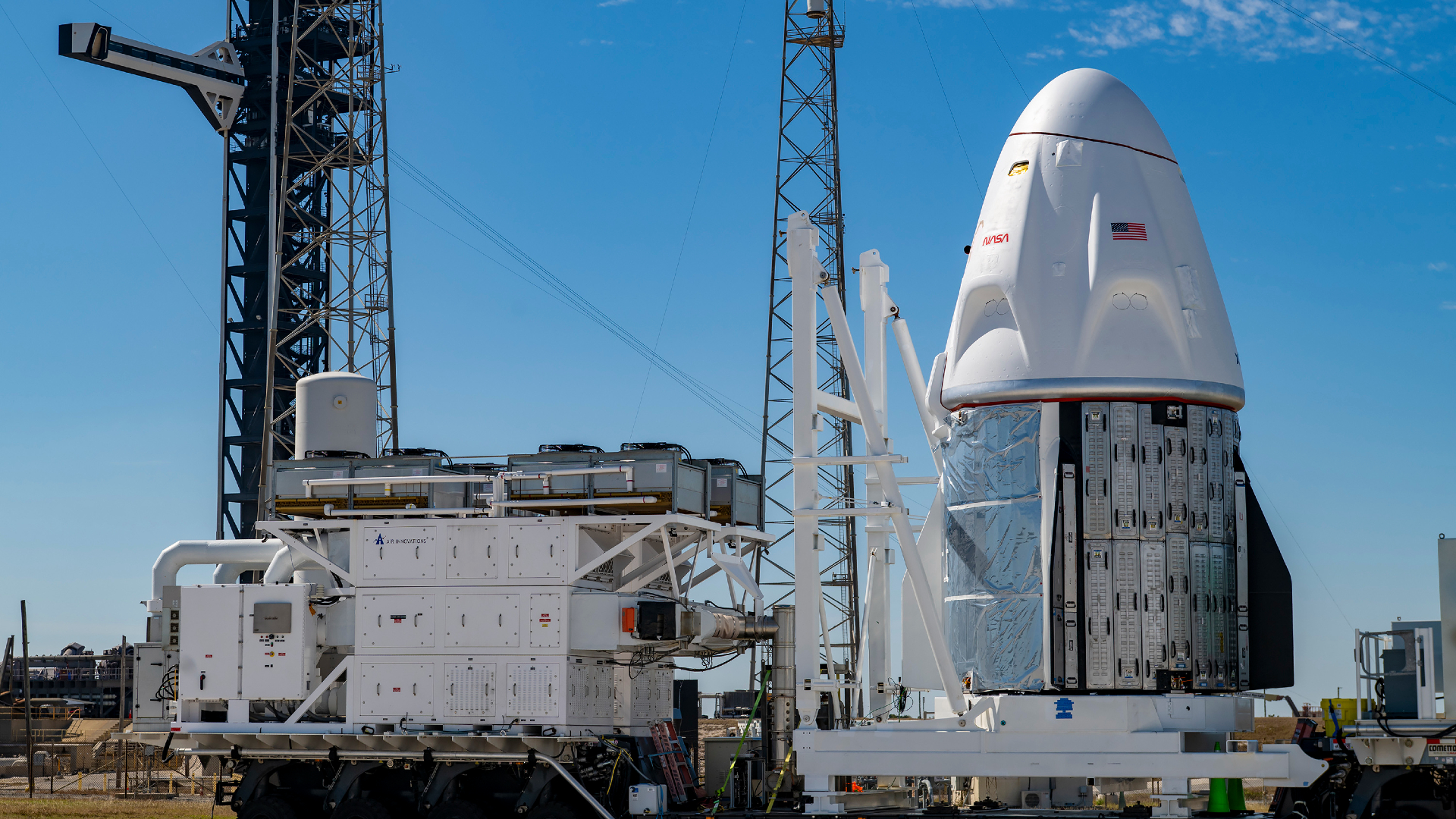Zombie storms are rising from the dead thanks to climate change
2020 presents to you... "zombie storms."

Breaking space news, the latest updates on rocket launches, skywatching events and more!
You are now subscribed
Your newsletter sign-up was successful
Want to add more newsletters?

Delivered daily
Daily Newsletter
Breaking space news, the latest updates on rocket launches, skywatching events and more!

Once a month
Watch This Space
Sign up to our monthly entertainment newsletter to keep up with all our coverage of the latest sci-fi and space movies, tv shows, games and books.

Once a week
Night Sky This Week
Discover this week's must-see night sky events, moon phases, and stunning astrophotos. Sign up for our skywatching newsletter and explore the universe with us!

Twice a month
Strange New Words
Space.com's Sci-Fi Reader's Club. Read a sci-fi short story every month and join a virtual community of fellow science fiction fans!
Wildfires are burning the West Coast, hurricanes are flooding the Southeast — and some of those storms are rising from the dead.
"Zombie storms," which regain strength after initially petering out, are the newest addition to the year 2020. And these undead weather anomalies are becoming more common thanks to climate change.
"Because 2020, we now have Zombie Tropical Storms. Welcome back to the land of the living, Tropical Storm #Paulette," the National Weather Service wrote on Twitter on Tuesday (Sept. 22).
Earlier this month, Tropical storm Paulette formed in the Atlantic Ocean and made landfall in Bermuda as a Category 1 hurricane, according to CNN. It then strengthened over land into a Category 2 hurricane, before weakening and dying off five and half days later.
Related: The reality of climate change: 10 myths busted
But then, Paulette opened her frightening eye once again. She wasn't gone.
Paulette regained strength and became a tropical storm once more about 300 miles (480 kilometers) away from the Azores Islands on Monday (Sept. 21), according to CNN. The term "zombie storm" is new, and though the phenomenon has been recorded before, it is thought to be rare.
Breaking space news, the latest updates on rocket launches, skywatching events and more!
But zombie storms are going to happen more often, said Donald Wuebbles, a professor of atmospheric sciences at the University of Illinois at Urbana-Champaign. And as with other natural disasters that have been intensifying in recent years, such as wildfires and hurricanes, climate change and rapid global warming are to blame.
There has been an "extreme amount of heating of the Gulf (of Mexico), particularly in some of the ocean areas off of the Carribean," Wuebbles told Live Science. The Gulf of Mexico, where many hurricanes gain strength before hitting the U.S., is particularly vulnerable to global warming because the gulf waters are very shallow — and thus heat up easily, Wuebbles said.
Atlantic Ocean storms typically form in warmer parts of the ocean near Africa, due to a combination of atmospheric and ocean conditions. They then "race across" the ocean toward the Americas, Wuebbles said. Hurricanes need warm water and moist air to form, according to the University Corporation for Atmospheric Research. Storms grow if there's a continuous supply of energy from warm water and air, and they weaken when they move over cooler waters or over land.
"If they're not so strong, in the past, they would just die out," over the Atlantic, Wuebbles said. But now, they reach warm water in the Carribean region and pick up energy again, he added. This is also true for storms that haven't died out yet. For instance, about a month ago, Hurricane Laura strengthened overnight from a Category 1 storm to a Category 4 storm because it picked up energy from warm water in the Gulf, Wuebbles said.
With a warming globe, "storms are likely to become more intense," he added. That means the idea of "zombie storms" may be here to stay.
Thankfully Paulette seems to have become a post-tropical cyclone once more and will die out soon, according to the National Hurricane Center.
Originally published on Live Science.


